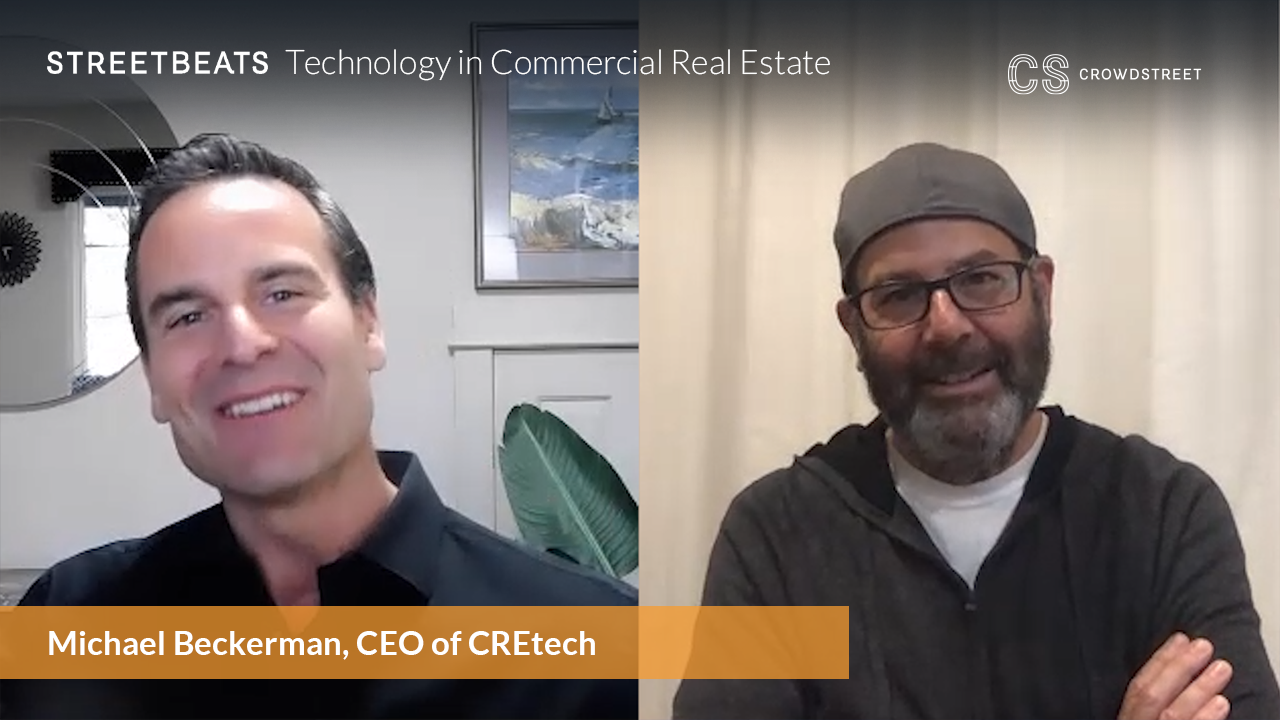 Crowd Street's Darren Powderly is joined by Michael Beckerman, CEO of CREtech, to discuss how COVID has accelerated the use of technology and how that is impacting commercial real estate, how sponsor firms can and have started to gravitate towards a more technology driven business, the opportunity to optimize efficiency with emerging tech, and the role it will play in collecting and distributing data for both sponsors and investors.
Crowd Street's Darren Powderly is joined by Michael Beckerman, CEO of CREtech, to discuss how COVID has accelerated the use of technology and how that is impacting commercial real estate, how sponsor firms can and have started to gravitate towards a more technology driven business, the opportunity to optimize efficiency with emerging tech, and the role it will play in collecting and distributing data for both sponsors and investors.